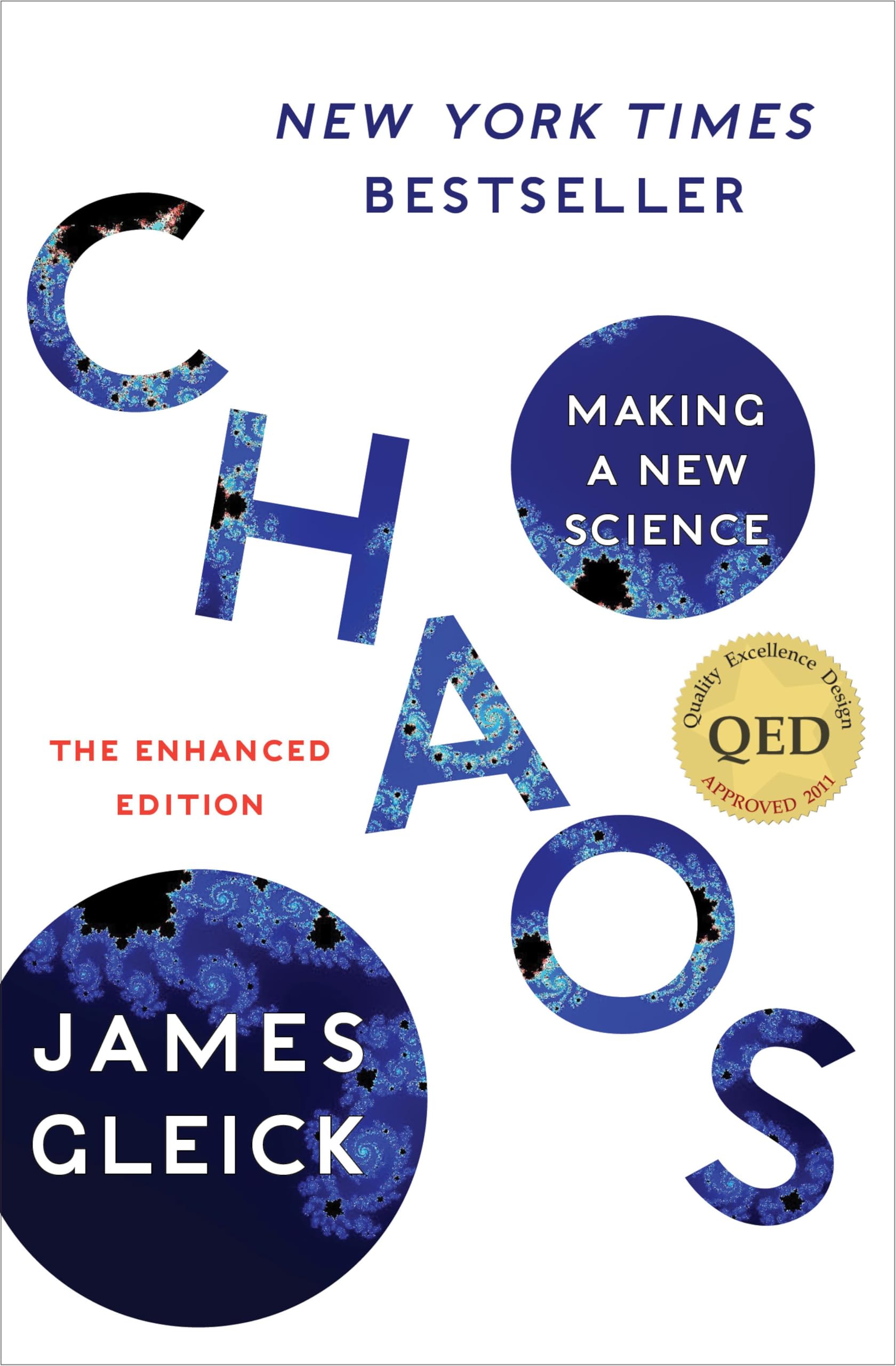Found in 3 comments on Hacker News
scarejunba · 2019-07-23
· Original
thread
Chaos : Making a New Science by James Gleick https://www.amazon.com/dp/B003YL4KOO/ contextualizes the period-doubling thing and talks about some of the other related stuff. Good book.
incision · 2013-04-26
· Original
thread
"Consider Phlebas"
http://www.amazon.com/dp/031600538X
"Chaos: Making a New Science"
http://www.amazon.com/dp/0143113453
"The Signal and the Noise: Why So Many Predictions Fail — but Some Don't"


https://www.amazon.com/Iron-Steam-Money-Industrial-Revolutio...
https://www.amazon.com/Rents-How-Marketing-Causes-Inequality...
https://www.amazon.com/Chaos-Making-Science-James-Gleick/dp/...
Oftentimes such books will repeat their core points over and over, or include a lot of detail which feels irrelevant/overly technical and I will soon forget. In my experience, it's surprisingly common for books written for a general audience to include technical details and descriptions which are only meaningful for a specialist. Even though the book is hundreds of pages long, and there's plenty of room, the author still doesn't provide the necessary background knowledge to interpret the technical details they're including.
>Most books I read have a lot of information, if they didn't I would stop reading.
Any tips on finding such books?